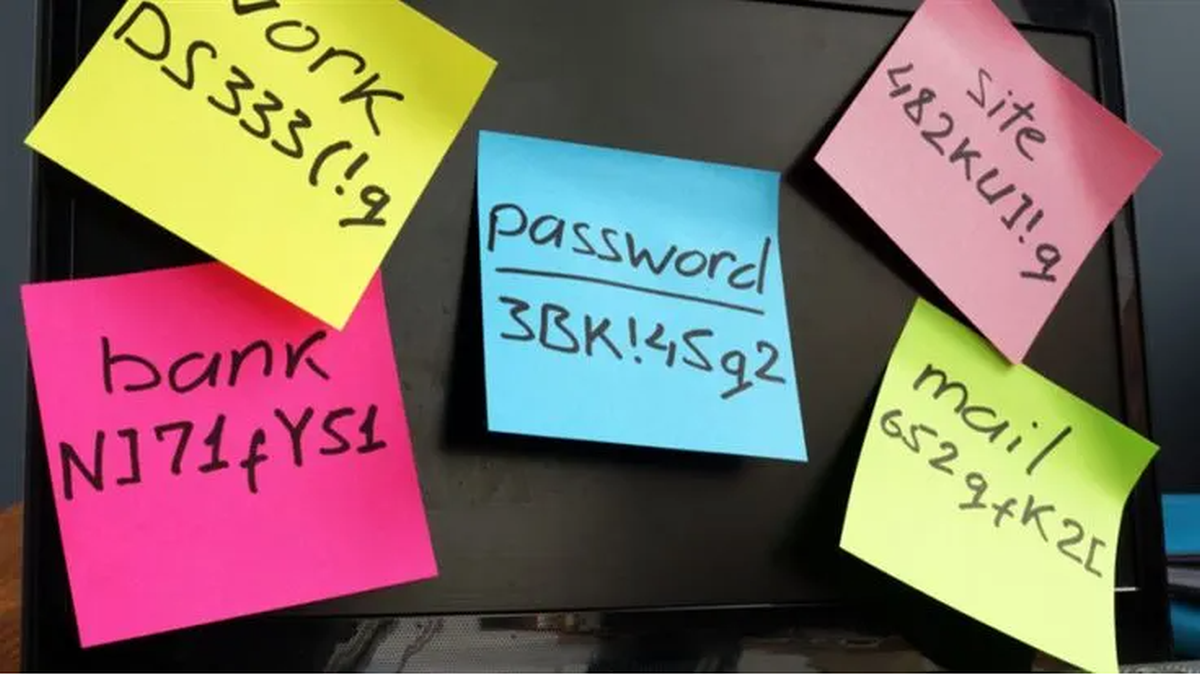A threat actor has leaked a list of almost 500,000 Fortinet VPN credentials, stolen from 87,000 vulnerable FortiGate SSL-VPN devices. The breach list provides raw access to organizations in 74 countries, including the USA, India, Taiwan, Italy, France, and Israel, with almost 3,000 US entities affected.
According to Fortinet the credentials were obtained from systems that remained unpatched against CVE-2018-13379 at the time of the actor’s scan. Even if the devices have since been patched, if the passwords were not reset, they remain vulnerable.
CVE-2018-13379
Publicly disclosed computer security flaws are listed in the Common Vulnerabilities and Exposures (CVE) database. Its goal is to make it easier to share data across separate vulnerability capabilities (tools, databases, and services).
The vulnerability in question provides an improper limitation of a pathname to a restricted directory in several Fortinet FortiOS and FortiProxy versions. The vulnerable SSL VPN web portal allows an unauthenticated attacker to download system files via special crafted HTTP requests. Apparently the FortiOS system files also contained login credentials.
In April, CVE-2018-13379 was mentioned in a joint advisory from the NSA, CISA, and the FBI as one of five vulnerabilities widely used in on-going attacks by the Russian Foreign Intelligence Service (SVR). A patch for the vulnerability has been available since May 2019, but this patch has not been applied as widely as necessary.
The threat actor
The source, and the websites that leaked the information, make for an interesting story as well. The list of Fortinet credentials was leaked by someone going by the handle ‘Orange.’ Orange is also the administrator of the newly launched RAMP hacking forum, and a previous operator of the Babuk Ransomware operation.
After the announced retirement of the Babuk gang, Orange apparently went his own way and started RAMP. Orange is now involved in the Groove ransomware operation, which allegedly employs several former Babuk developers. The leak of Fortinet VPN SSL credentials was mirrored on the Groove leak website. Both posts lead to a file hosted on a Tor storage server known to be used by the Groove gang.
Ransomware leak sites are used to create some extra leverage over victim organizations. The ransomware attackers steal data from the infiltrated system while they deploy their ransomware. They then threaten to publish the data if the victim decides not to pay. Depending on the kind of data, this can be a rather compelling reason to give in.
Vulnerable security software
Organizations use Virtual Private Networks (VPNs) to provide remote access to their systems from the Internet. By design a VPN is remotely accessible so employees can reach them from anywhere, which also means that attackers can reach them from anywhere. And since VPNs provide access to an organization’s soft underbelly, a VPN that has a known vulnerability represents a high value target that’s easy to reach.
That makes swift patching an absolute necessity, but many organizations find this difficult, in part because VPNs are so important for remote working. If an inability to patch promptly is compounded by delays in detecting new systems added to networks, and a lack of regular vulnerability scanning, attackers are left with a lot of room to work with.
A leak of this type is serious since valid VPN credentials could allow threat actors to access a network to steal data, expand their access, and run ransomware or other malware.
In light of the leak, Fortinet is recommending companies to immediately disable all VPNs, upgrade the devices to FortiOS 5.4.13, 5.6.14, 6.0.11, or 6.2.8 and above, followed by initiating an organization-wide password reset, warning that you may remain vulnerable post-upgrade if your users’ credentials were previously compromised.











